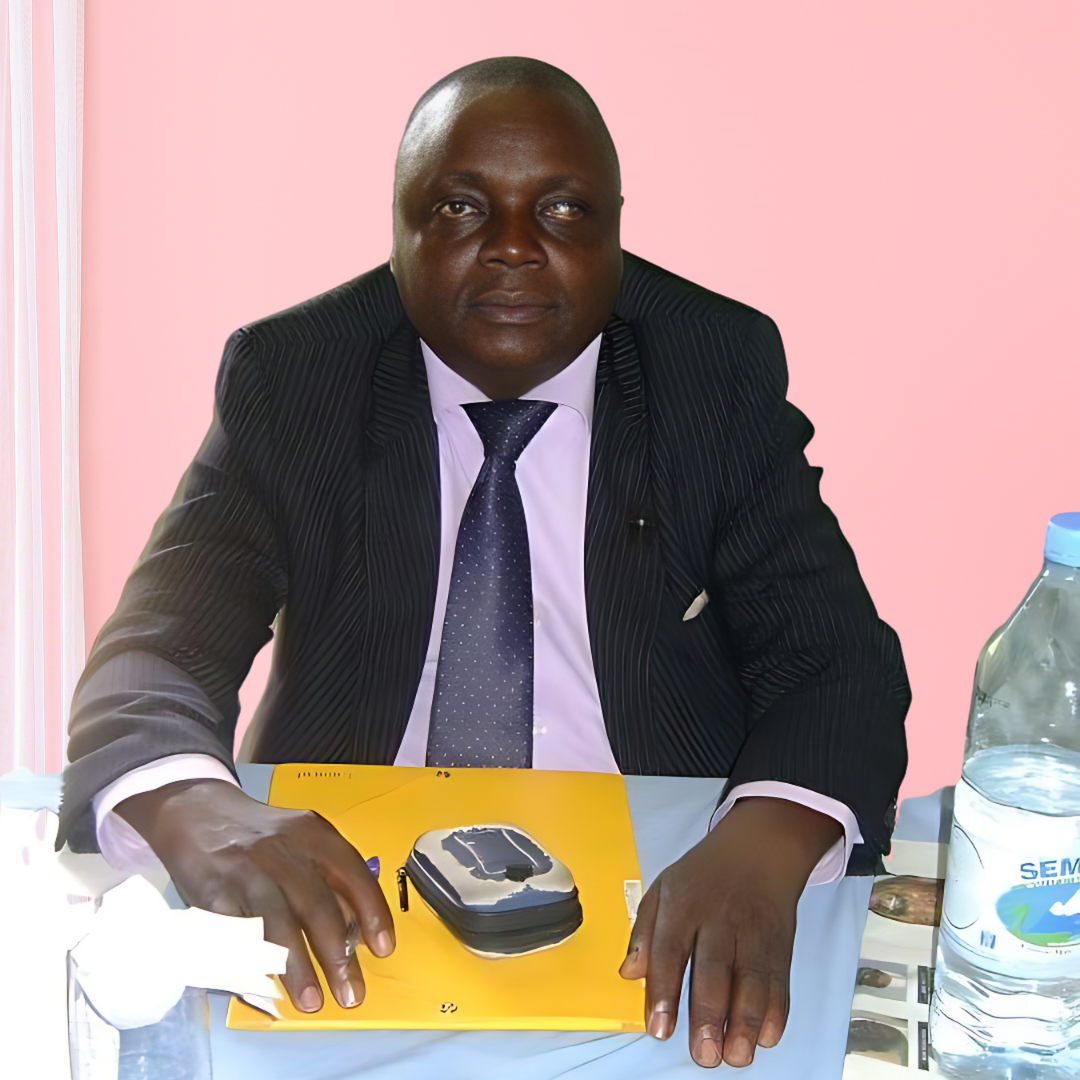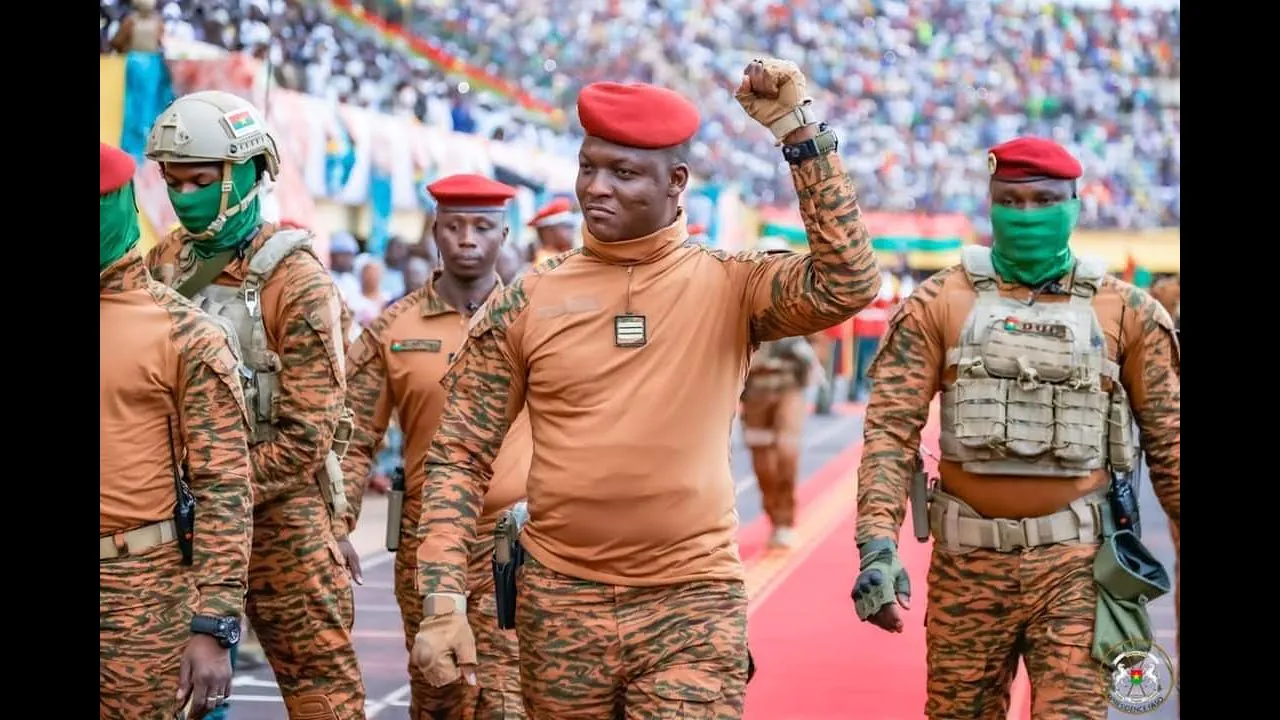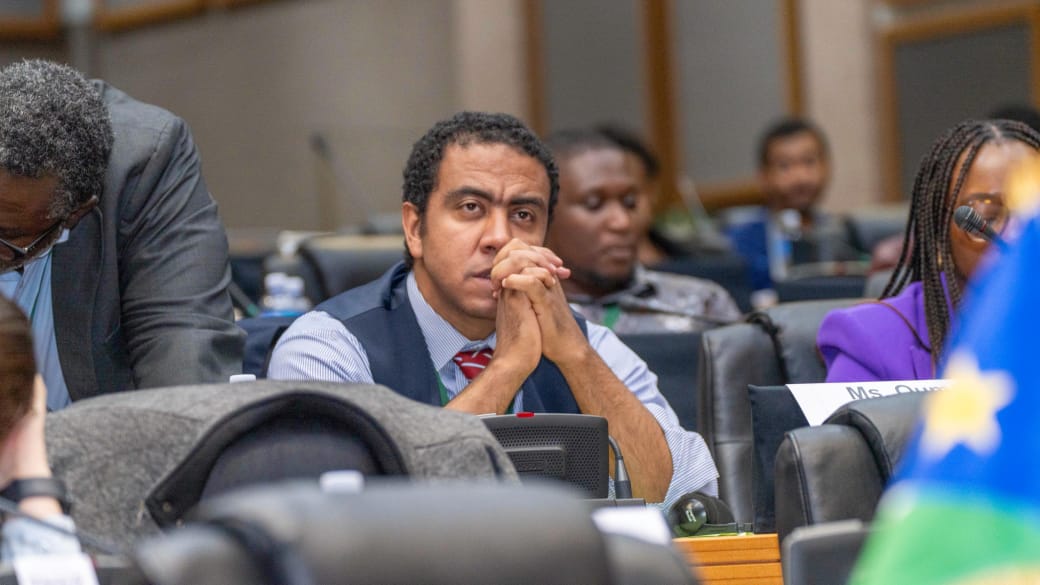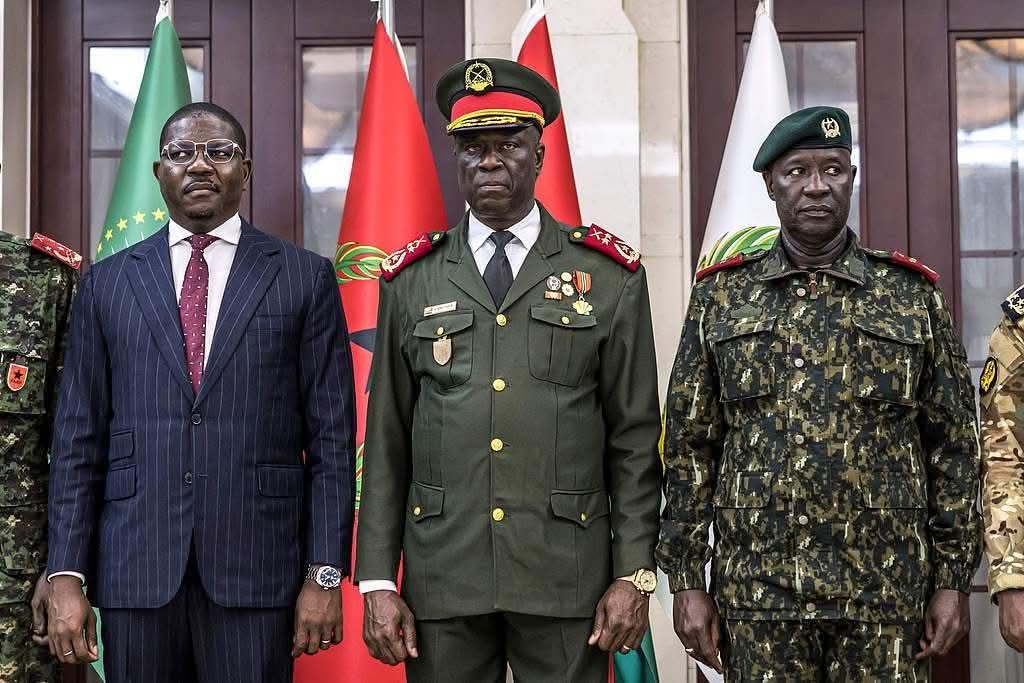Ibrahim Traoré and Emmanuel Macron: What Leads Their Tense Relationship? Part 2
Ricardo Martins, June 04, 2025
Burkina Faso’s leader, Ibrahim Traoré, embodies the collapse of French dominance in West Africa, challenging Paris’s influence through anti-colonial rhetoric, resource nationalism, and strategic realignments.
Traoré’s defiance is not just about Burkina Faso—it’s part of a broader geopolitical realignment in Africa, where sovereignty, resources, and ideology are being reclaimed from Western powers. For Macron, it’s not only a diplomatic defeat—it’s a warning of what may come elsewhere in France’s former colonial sphere.
The relationship between French President Emmanuel Macron and Burkinabè leader Ibrahim Traoré is tense, and the reasons are deeply rooted in historical resentment, geopolitical shifts, and France’s diminishing influence in Africa, particularly in the Sahel region. The recent history of mistrust started in Mali in 2021 when the French troops left the region of Kidal.
Mali: The Turning Point of France’s Loss of Credibility in the Region
One widely cited example fueling this sentiment is the alleged secret agreement between the French military and the jihadist group Ansar Dine in Mali, a topic of considerable debate and speculation. According to the Malian government and reports in social media, France allowed the group to maintain control over the strategic city of Kidal, in the northern region of the country, in exchange for assurances that French nationals, particularly employees of French oil and infrastructure companies, would not be targeted for kidnapping. Such arrangements, made without the knowledge or consent of the Malian government, have further undermined local trust in foreign military missions.
Ransoms for foreign workers are a major source of funding for jihadist groups in the region, and this deal was seen by many as a betrayal of the French commitment to Mali’s security and the fight against terrorism.
I cannot confirm that a tacit agreement was formalized between the jihadists and the French military. However, what I can state as fact is that there was a meeting between French military officials and the jihadist leaders. In the days that followed, French troops withdrew from the Kidal region, and the jihadists took control of the city without facing any resistance.
This moment marked the collapse of France’s credibility in the Sahel. Today, only groups that are supported—or outright bribed—by France remain aligned with them. France continues to meddle in the region through these groups, mostly local politicians, and sometimes NGOs, still clinging to the hope of a future return to influence.
Turning back to Ibrahim Traoré and Emmanuel Macron, here’s my analysis of the key factors behind this sour relationship:
- Break with France’s Neocolonial Legacy
Traoré has positioned himself as a vocal critic of Françafrique—the informal system of French economic, military, and political dominance over its former colonies. Like his idol Thomas Sankara, Traoré denounces the continued French presence as a form of modern imperialism. This directly challenges Macron’s attempts to rebrand France’s role in Africa as a partnership rather than a form of control.
- Expulsion of French Troops and Diplomats
One of Traoré’s first major moves was to end military cooperation with France and expel French troops from Burkina Faso in early 2023, citing their failure to combat jihadist groups effectively and accusing them of fueling instability. French media outlets and diplomats were also targeted, with some expelled or restricted actions that Paris interpreted as hostile.
- Rhetorical Defiance and Pan-Africanism
Traoré’s speeches are sharply anti-colonial, anti-imperialist, and Pan-Africanist in tone. He portrays France not as a security partner but as an obstacle to African sovereignty. This has a strong popular appeal across the Sahel, where frustration with Western military presence is growing, especially after years of conflict with little improvement in security.
- France’s Loss of Strategic Access
Burkina Faso is rich in gold and other minerals and was historically a low-cost supplier to France and French-linked corporations. Traoré’s move to nationalize or renegotiate mining contracts and his rejection of French economic terms pose a direct challenge to French economic interests in the region. Paris sees this as a threat to its broader strategy in West Africa.
- France’s Colonial-Style Exploitation in the Region
The claim that France paid approximately €0.80 per kilogram of uranium from Niger before the 2023 coup, while paying around €200 per kilogram for uranium from Canada, is supported by multiple, different sources.
Before the July 2023 coup in Niger, France, through its state-owned company Orano (formerly Areva), was reportedly paying uranium from Niger a significantly lower price compared to global market rates. Reports indicate that the price was around €0.80 per kilogram. This pricing disparity has been a point of contention, highlighting the unequal nature of the partnership between France and Niger.
Following the coup, Niger’s military government announced a substantial increase in the price of uranium exports, raising it from €0.80 to €200 per kilogram. This move aimed to align Niger’s uranium prices with global standards and rectify the longstanding pricing imbalance.
The adjusted price of €200 per kilogram brings Niger’s uranium pricing in line with that of other major producers, such as Canada. This change underscores the previous disparity, where Niger’s uranium was undervalued compared to similar resources from other countries. DW also reported on the subject, but avoided mentioning the price discrepancies.
Given the above is quite controversial and the fact that Orano, whose local extraction was done by its subsidiary Sommaïr, I tend to believe that the amount of €0.80 per kilogram was royalties paid to the Niger government and it seems not to be the price of the uranium itself. In any case, such a level of royalties (0.4%) is just too low and denotes colonial-style extractivism, and quite certainly along with active corruption by the French company.
- New Alliances and the Russian Factors
Traoré has sought new partnerships, especially with Russia, Turkey, and China, further irritating France and its allies. The presence of Russian advisors and possible Wagner Group ties—even if unofficial—are seen by Paris as geopolitical encroachment. Macron frames this as a “battle of influence” and views Burkina Faso’s pivot as both a symbolic and strategic loss.
- Macron’s Personal Style vs. Traoré’s Revolutionary Posture
Macron often adopts an elitist-technocratic approach to diplomacy. In visits to African countries, Macron does not match his liberal-cosmopolitan-style words with his behaviour, which is often patronizing, elitist, and neo-colonial in style.
In contrast, Traoré projects himself as a grassroots revolutionary, close to the people and opposed to elite interference. Western leaders, such as Macron and Trump, tend to take Ibrahim Traoré as a young, inexperienced dictator. The young leader, in his turn, proved he is capable of presenting solid arguments, positioning himself as capable of leadership, whose only concerns are the well-being of his people and the development of his country first. Further, on those occasions he was confronted by Western leaders, he explained to them what democracy means for his people — that it is not just about casting a vote, but about having a government that works in favour of the people and the nation, and that is attentive to their needs.
The two leaders represent opposing worldviews: one defending the global liberal order and elites, the other rallying anti-imperialist sentiment. Their styles clash as much as their politics.
Conclusion
France’s relationship with Ibrahim Traoré is sour because he symbolizes the collapse of French influence in a region where Paris once reigned unchecked. Traoré’s defiance is not just about Burkina Faso—it’s part of a broader geopolitical realignment in Africa, where sovereignty, resources, and ideology are being reclaimed from Western powers. For Macron, it’s not only a diplomatic defeat—it’s a warning of what may come elsewhere in France’s former colonial sphere.
Ricardo Martins ‒PhD in Sociology, specializing in policies, European and world politics and geopolitics






